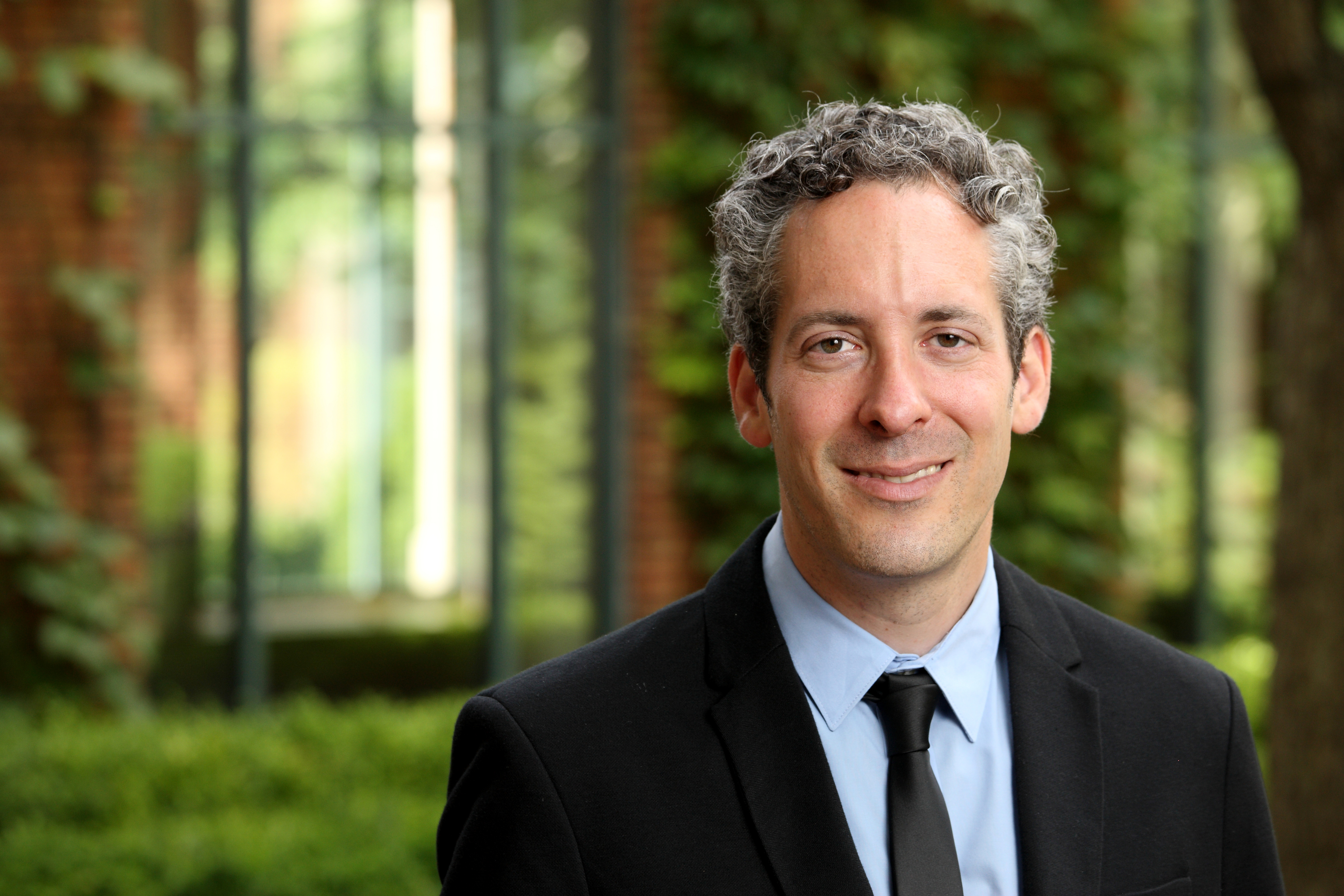Virginia has the highest rate of executions of any death penalty state and has executed the third-highest number of prisoners since the 1970s. Yet there are now two or fewer trials a year in Virginia at which a judge or jury considers imposing the death penalty.
A new study of death penalty trials in the state by University of Virginia School of Law professor Brandon Garrett found that over one-half of the capital trials in Virginia in the past decade now result in a life sentence (11 of 21 cases from 2005 to the present at which there was a capital sentencing hearing resulted in a life sentence). There have been no new death sentences in Virginia since 2011.
Garrett, the author of “Convicting the Innocent: Where Criminal Prosecutions Go Wrong,” said the reason for the sudden decline may be that attorneys are getting better at fighting for their clients’ lives. In 2004, Virginia’s legislature created regional capital defense resource centers to handle capital cases, especially handling death penalty investigations and trials. The change came in the wake of a Virginia commission report on indigent defense in the state, which was found lacking.
“The impact of improved lawyering is striking, particularly in the cases that the regional offices handled, but also across the board,” Garrett said. “The study suggests that it does not take the ‘best of the best’ or some kind of ‘dream team’ to effectively represent a capital defendant. But it does take a team, a team of specialist capital defense lawyers and investigators, preferably working in an office, that understand the very different way that a death penalty case must be litigated from its inception.”
Garrett said the effects of better lawyering can be seen in how the sentencing phase, at which the judge or jury decided whether to impose the death penalty, has changed in recent years.
From 1996 to 2004, the sentencing phase was typically cursory, averaging less than two days long. In capital trials since 2005, the average was twice that – four days for sentencing. Still more striking was the increase during that time period in the numbers of defense witnesses called and the more extensive use of expert witnesses, particularly to develop mental health evidence.
The sentencing hearings in cases handled by regional capital defenders were still more robust. At sentencing, the bulk of the witnesses and experts are now called by the defense, as compared to the 1990s, when, Garrett said, “sentencing was an afterthought, and the defense presented almost no sentencing cases at all once the jury found the defendant guilty of capital murder.”
For the study, Garrett obtained a complete collection of transcripts from Virginia cases dated 2005 to 2015 at which death was considered by a judge or jury, as well as a large collection of pre-2005 capital trials.
At the guilt phase, problems also still persist, Garrett said. Many trials from the past decade involved contested facts regarding guilt, including undocumented confession statements and eyewitness evidence, a problem that Garrett has documented.
“Most Virginia agencies still do not require recording of interrogations or use best practices for lineups,” he said. Many cases continue to involve confessions to police (seven of 20 cases, few of which were entirely recorded interrogations) or informants (12 of 20 cases had informants of one kind or another), or eyewitness identifications (seven of 20 cases).
In the last decade, only seven counties imposed death sentences in Virginia, and nine of the 11 death sentences were imposed in some of the largest jurisdictions. In decades past, however, a broad range of counties, including some of the smallest in the state, imposed large numbers of death sentences.
“Smaller jurisdictions clearly lost their taste for capital trials first, but now almost the entire commonwealth has followed their lead,” Garrett said.
Capital murder continues to be regularly charged and still serves a role in plea-bargaining in Virginia, but few counties still impose death sentences.
“The ‘new’ Virginia death penalty is almost never imposed and when it is, a death sentence is so freakish that it raises the constitutional concerns with arbitrariness under the Eighth Amendment that U.S. Supreme Court justices have long expressed,” Garrett said. “Virginia may be a bellwether for the future of the American death penalty.”
Media Contact
Article Information
October 19, 2015
/content/study-improved-lawyering-behind-virginias-vanishing-death-penalty

